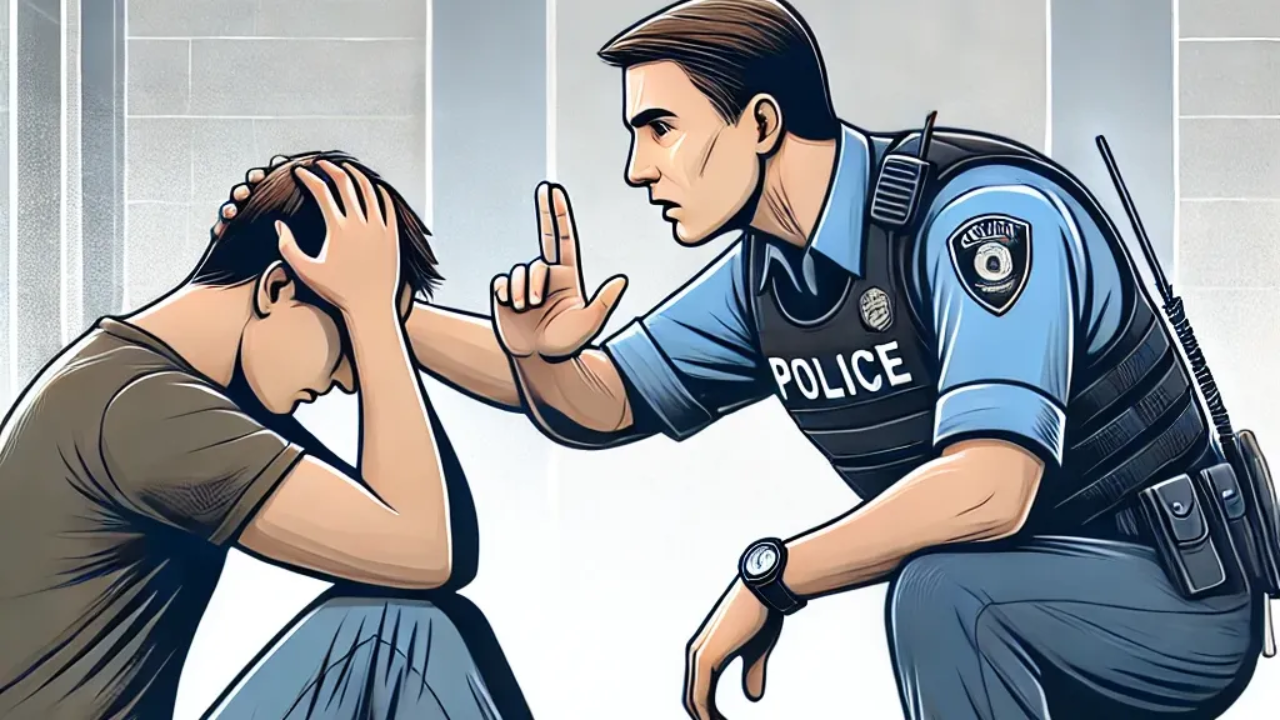
Every officer will face situations involving individuals in emotional or psychological crisis. Whether it’s a person experiencing a mental health emergency or a distressed victim of a crime, how an officer responds can make all the difference. That’s where Crisis Intervention Training (CIT) comes in—preparing recruits to handle sensitive encounters with empathy, safety, and professionalism. Here’s how to excel.
1. Recognize the Signs of Mental Health Crises
Not every aggressive or erratic behavior is criminal. Officers must learn to distinguish mental health symptoms from willful defiance or danger.
Tip: Look for cues like disorientation, hallucinations, incoherent speech, or withdrawal—and adjust your approach accordingly.
2. Use Verbal De-escalation as Your First Line of Defense
CIT prioritizes communication over confrontation. The goal is to stabilize, not escalate the situation.
Tip: Use a calm tone, open body language, and simple, clear language to build rapport. Avoid commands that can be interpreted as threats.
3. Apply the “Time, Distance, and Cover” Strategy
Crisis calls aren’t always about rushing in. Sometimes, the best tactic is to slow things down to allow the person to regain control.
Tip: Give space, don’t crowd, and create a safe perimeter while continuing communication.
4. Collaborate with Mental Health Professionals
CIT isn’t a solo act. Officers are trained to coordinate with mental health responders for proper care and resolution.
Tip: Know your local crisis teams, shelters, and treatment centers. This knowledge empowers you to connect individuals with the help they need.
5. Reflect and Learn from Each Encounter
Every crisis call is an opportunity to grow. Recruits should take time to review body cam footage, debrief, and reflect on what worked and what didn’t.
Tip: Ask supervisors for feedback and study case examples to strengthen your response strategies.
Final Thoughts
Excelling in CIT means leading with compassion, not just command. Officers who master these skills don’t just defuse crises—they build trust, protect lives, and support long-term solutions.
For more law enforcement training tips, visit www.armoganct.com.
Best,
Barbara
Armogan Training Team
Police Candidate Getting Started Workshop
Learn about every phase of the hiring process!!!
-Plus hidden BONUSES!!!
We hate SPAM. We will never sell your information, for any reason.
